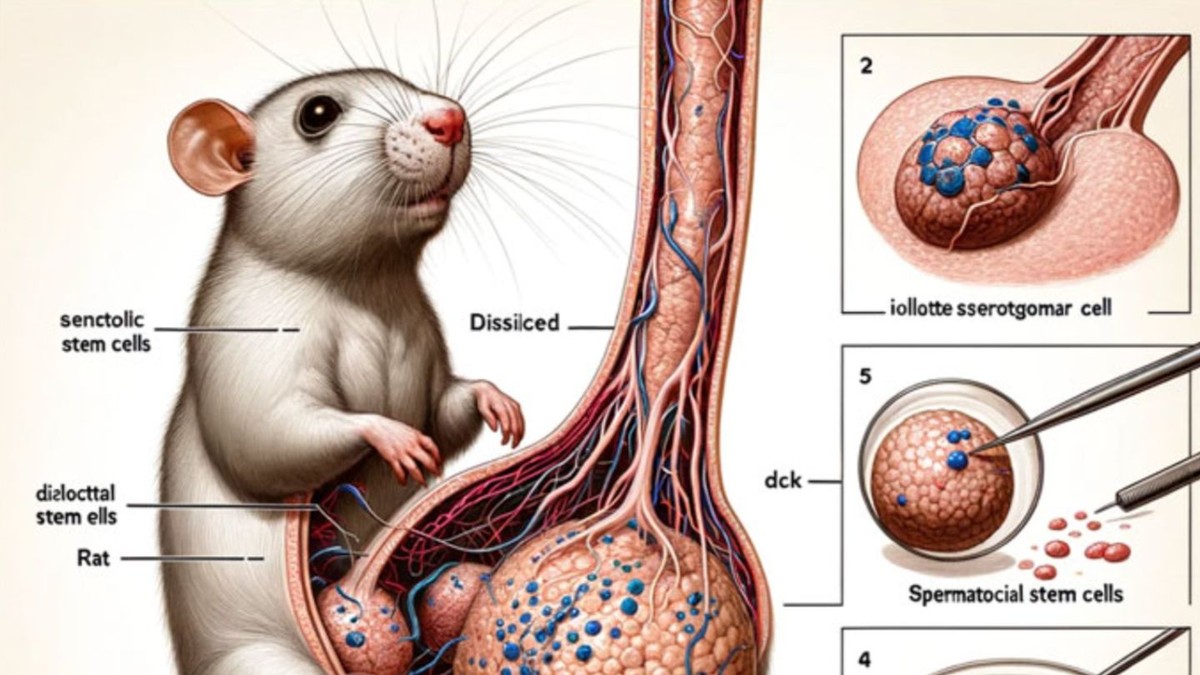A study recently published in a peer-reviewed scientific journal, which featured nonsensical AI-generated images, including a prominently displayed rat genitalia, has been retracted by the journal, accompanied by an official apology.
The research paper, authored by three scientists from China, edited by a researcher in India, and reviewed by individuals from the U.S. and India, was initially released in the open-access journal Frontiers in Cell Development and Biology on Monday. Despite undergoing rigorous scrutiny, the paper made headlines due to the inclusion of AI-generated visuals that sparked widespread amusement on social media. One of the images depicted a rat with exaggerated reproductive organs and incomprehensible labels like “iollotte sserotgomar cell” and “testtomcels.” The authors attributed the creation of these images to the generative AI tool Midjourney.
Following public attention, Frontiers issued a statement on Thursday, initially indicating a correction to the paper with a revised version forthcoming. However, the journal later retracted the entire study, citing a failure to meet their editorial and scientific standards.
In response to inquiries, a Frontiers spokesperson referred to a formal statement on the journal’s website, expressing regret to the scientific community. The statement revealed that concerns raised by a reviewer regarding the AI-generated images were overlooked, as the authors did not address the requests for revisions. Frontiers acknowledged the oversight in enforcing reviewer requirements and extended apologies for the oversight.
The scrutiny revealed that the paper underwent evaluation by two reviewers, one from India and another from the U.S. When contacted, the U.S.-based reviewer clarified that their assessment focused solely on the scientific content, leaving the decision to publish the AI-generated images to Frontiers. While the journal permits the use of generative AI with disclosure, it emphasizes the necessity of accuracy in the images presented.
This incident underscores the challenges associated with generative AI in academic settings, raising concerns among scientists. Science integrity consultant Elisabeth Bik highlighted the event as a poignant illustration of the potential pitfalls when journals and reviewers encounter AI-generated content, emphasizing the importance of vigilance in upholding scientific standards.










